Wise x Joe Thomas’ guide to the ultimate stag or hen do
Thinking of combining your pre-nuptial celebrations in a sten do? Read expert tips from Wise and Inbetweeners' actor Joe Thomas on a united stag and hen do.
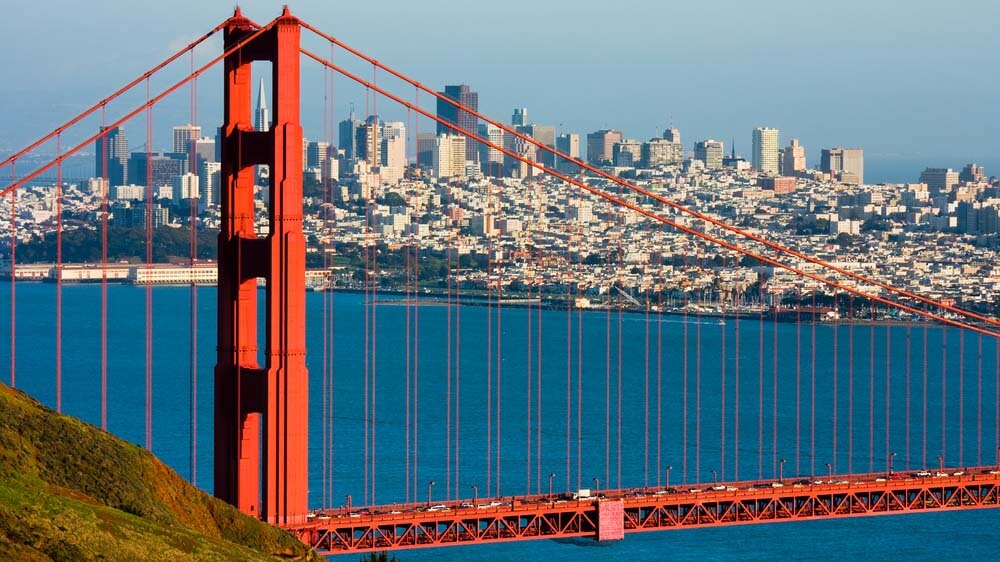
There’s a lot to think about when starting a company, but location is critical. It affects everything you’ll need to grow. That includes your operating costs and access to talent, customers, partners, funding, mentoring, resources, equipment and even the reliability of your internet connection. Everything.
100 million new businesses are started each year. That’s 3 per second, so if yours is next then you’ll want every chance for it to succeed.
The good news is that it’s never been easier to move abroad to start your business, particularly as Wise for Business could make international payments cheaper, with transparent fees and fair mid-market exchange rates on currency conversions.
Small businesses are everywhere, but startups cluster in cities that provide the best chance of exponential growth. Even online businesses and digital nomads depend on local environments offline for business and banking services, as well as valuable contacts.
Each city has a unique offering that will appeal to different companies, but we’ve examined the key ingredients for startup success and this is our top ten globally:
####10. São Paulo, Brazil.
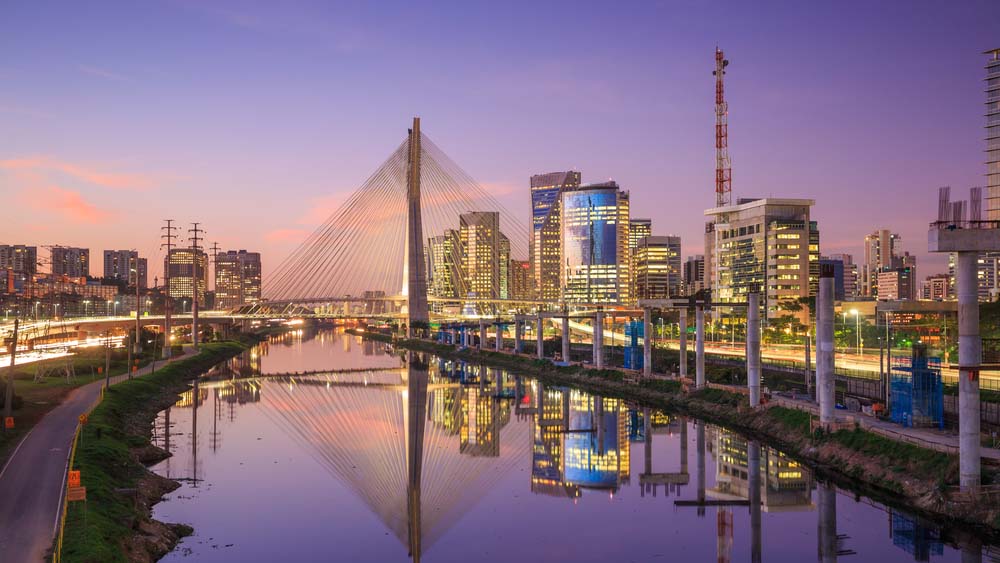
Latin America is fast emerging and São Paulo is a great place to get started.
South Americans have embraced mobile and web technology in a big way, so many new technology hubs have emerged here. Notable mentions go to Medellin in Colombia, Buenos Aires in Argentina and Santiago in Chile, but São Paulo in Brazil comes top.
São Paulo has the largest city economy in the Southern hemisphere and its state has a bigger GDP than Argentina, Chile, Uruguay, Bolivia and Paraguay combined.
It’s home to many international companies, plus a dynamic startup ecosystem. It has great access to funding, as well as a huge local market and talent pool of over 10 million people.
####9. Austin, USA.

Texas has a booming technology industry centred on its capital.
Austin has long been a tech hub with global giants like Dell and IBM, but it’s also ideal for smaller scale entrants to the market.
It’s not the easiest place to secure finance, yet there is plenty that entrepreneurs love about Austin in addition to its friendly charm. It has a highly educated population and a low cost of living, especially for housing and taxation.Plus, new co-working spaces keep emerging.
Austin is also the home of SXSW, a huge festival that has become a breeding ground for new startups and emerging technologies.
####8. Singapore.

The city state is investing heavily in its startup ecosystem.
As a country, Singapore ranks first in the world for ease of doing business according to World Bank data. As a city, Singapore’s startup ecosystem is highly rated for its access to funding and networking opportunities.
Singapore has grown rapidly as a financial centre and now the government is keen to attract new startups with tax incentives and other financial benefits, although the cost of living remains high.
The domestic market is small, but Singapore is strategically located for entrepreneurs looking to do business with the emerging Asia-Pacific region. If you're thinking of making the move, check out our guide to opening a bank account in Singapore.
####7. Bangalore, India.
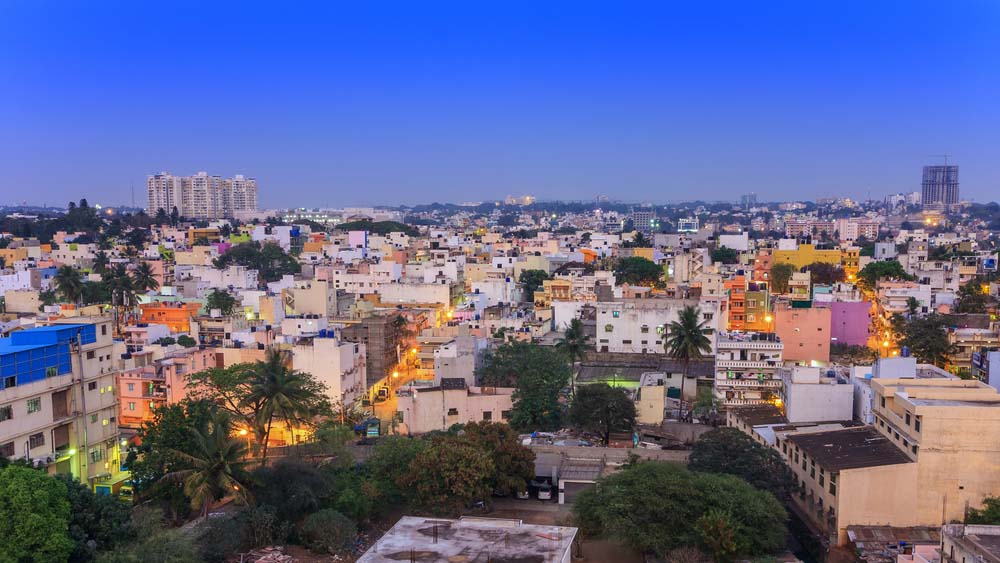
Once ‘the world’s back office’, Bangalore is now centre stage.
Many of India’s finest educational institutions are based in Bangalore.The city combines rising skills with a low cost of living.
The city first became known to the international business community as an ideal place to outsource IT services, but it has now evolved a dynamic startup ecosystem ranked as the best in India and the second fastest growing in the world.
The city also has the youngest entrepreneurs among the 20 largest startup ecosystems with an average age of just 28.
####6. Tallinn, Estonia.
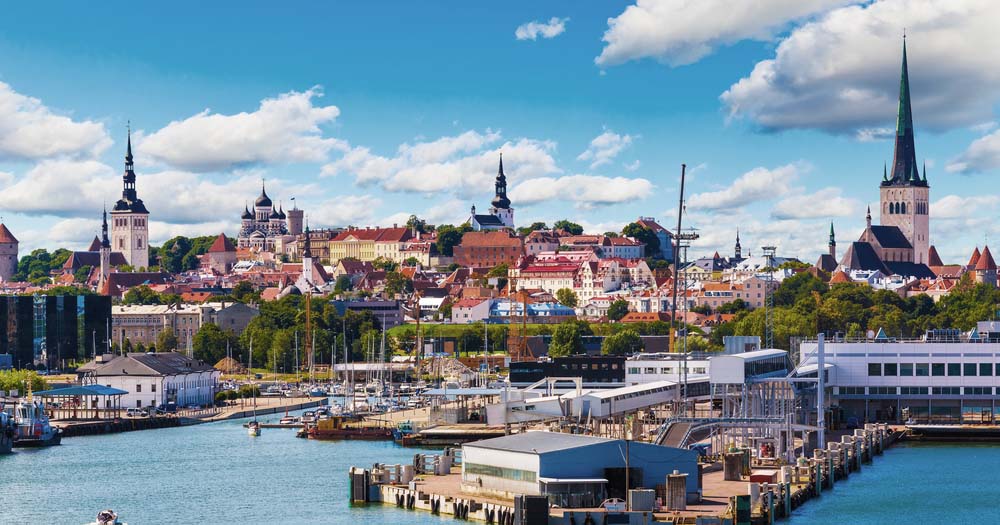
You may not know much about Tallinn, but you’ve definitely heard of its startups.
Estonia is a small northern European nation that boasts more startups per person than anywhere else in Europe. The domestic market is very small so the country developed a startup ecosystem to help entrepreneurs reach the global market instead.
The capital, Tallinn, is now home to a thriving digital startup scene, which took off in the early 2000s with the birth of Skype. English language proficiency and digital skills are high, but the cost of living is low and co-working spaces are expanding.
Connectivity is exceptional as the country considers internet to be a human right and has developed an advanced digital infrastructure to make starting and running a business as simple as possible. Digital nomads will particularly like the E-residency programme, which means they can use the country’s digital infrastructure to run their businesses online - even after leaving the country.
You can learn more about Estonia’s digital development in this recent Guardian podcast with our co-founder Taavet Hinrikus.
####5. Tel Aviv, Israel.
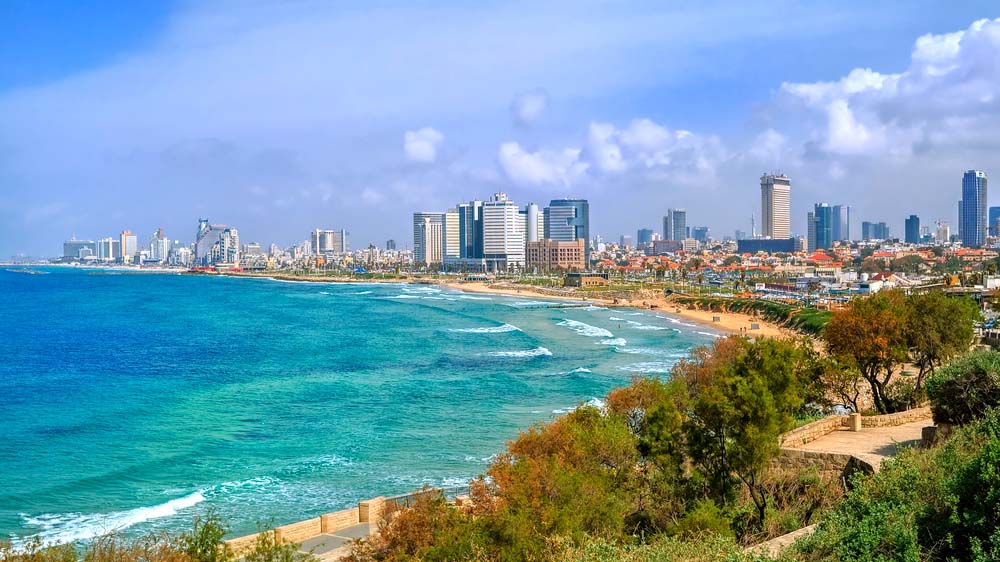
For high tech companies, Tel Aviv has one of the world’s best startup ecosystems.
Israel is known as the ‘startup nation’ and invests more into research and development than anywhere else in the world. Tel Aviv benefits hugely as the country’s commercial hub and there are now over 4,000 startups here, roughly 1 for every 100 residents.
The cost of living is quite high, but so too are skills and the ability to access funding.
Startups here once focused on security, IT and communications, but there has been greater diversity in recent years in areas including ecommerce, big data and adtech. The ecosystem is now well positioned for growth related to The Internet of Things (IoT).
####4. Berlin, Germany.
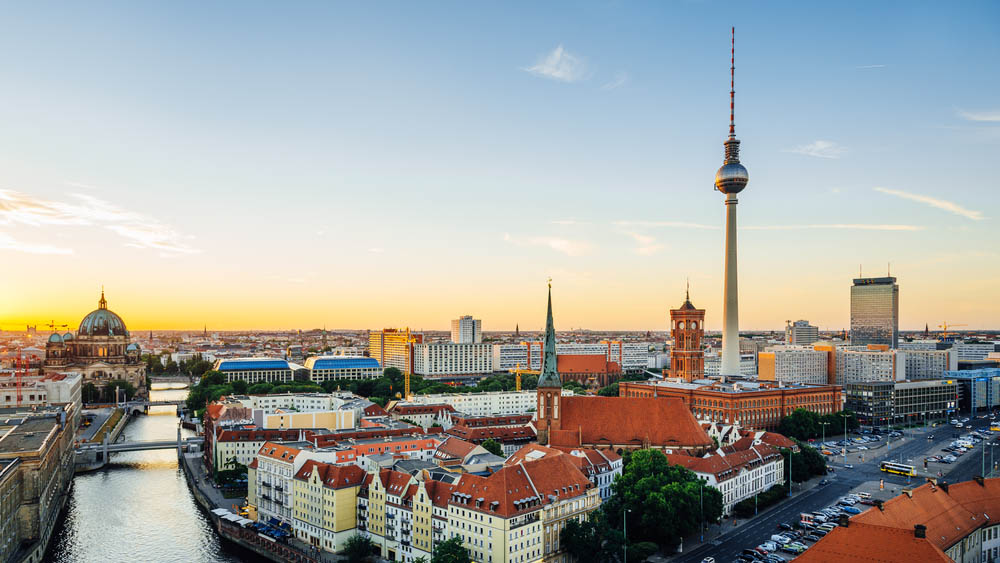
The German capital is affordable and ideal for early-stage startups.
Berlin attracted more venture capital last year than any other city in Europe and its startup ecosystem is currently growing faster than anywhere else in the world. It’s also attracting new talent from its rising reputation as a creative and cultural hub.
Part of the reason for this growth is that the cost of living has remained relatively low and office space is easy to acquire, whether you are looking for a trendy converted warehouse or busy co-working environment.
It’s particularly great for early stage start-ups. Amazingly a new company now gets formed here every 20 minutes.
####3. London, United Kingdom.
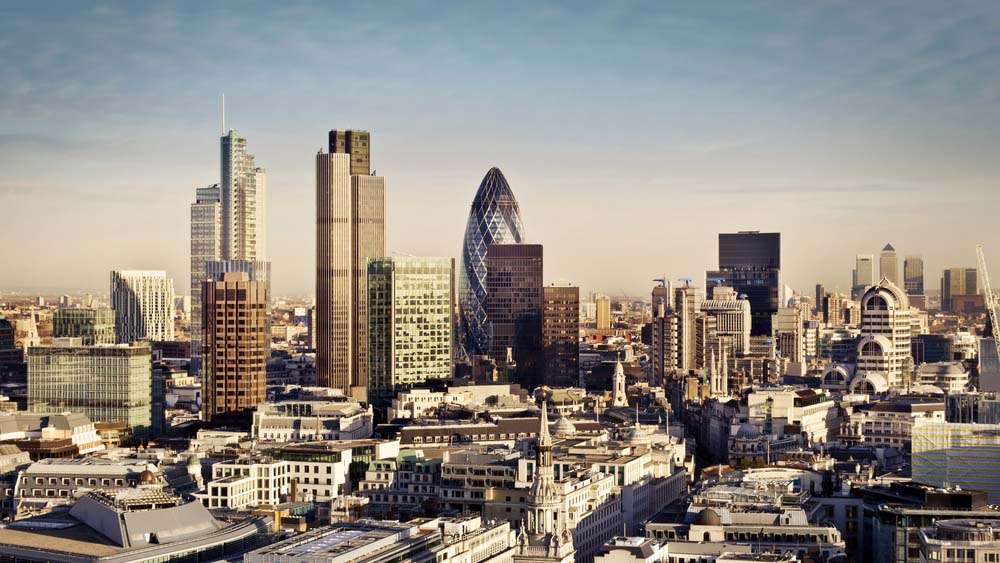
London is a truly international city, brimming with talent.
Bootstrapping your business won’t be easy in London, but the startup ecosystem offers huge value and there are opportunities to scale up like nowhere else. The city has a great track record for turning innovative startups into world leading companies.
Many global industries revolve around London, especially finance. While its status as a hub for media, creativity and education provides startups with a huge advantage in gaining exposure and talent.
London is also the world’s most visited city so it stands out for its access to affluent consumers, both locally and internationally.
There’s 27 million m2 of office space here, although many entrepreneurs keep costs down by working in cafes and trendy co-working spaces.
####2. New York, USA.
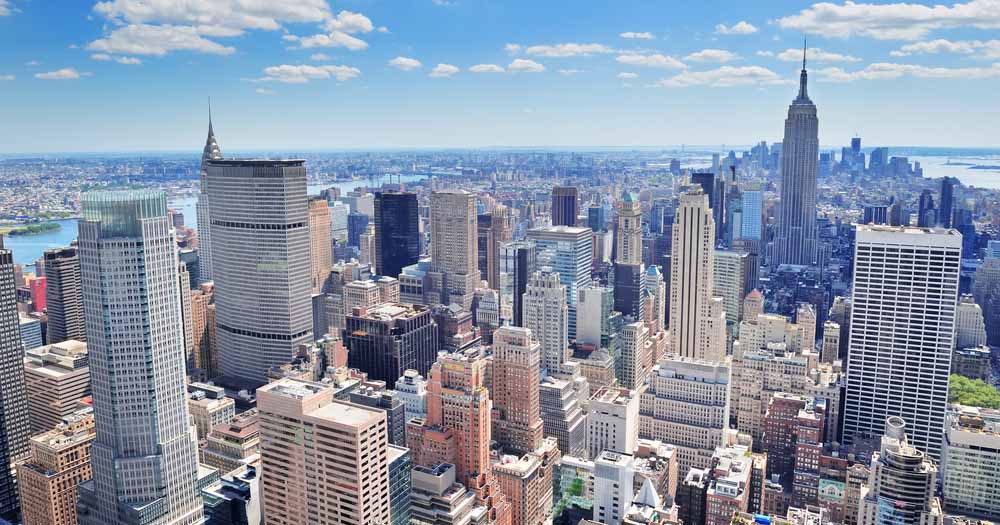
‘The Big Apple’ attracts the second highest share of venture capital investment.
New York has a GDP of $1.5 trillion and is where many of the top decision makers in the US economy live and work. The cost of living is still high, but the city that famously never sleeps has endless opportunities for finding the contacts your business needs to grow.
It hasn’t always been ideal for startups, but attracting entrepreneurs has been a high priority for the city and tech employment has subsequently grown 40 per cent since 2008.
####1. Silicon Valley, USA.
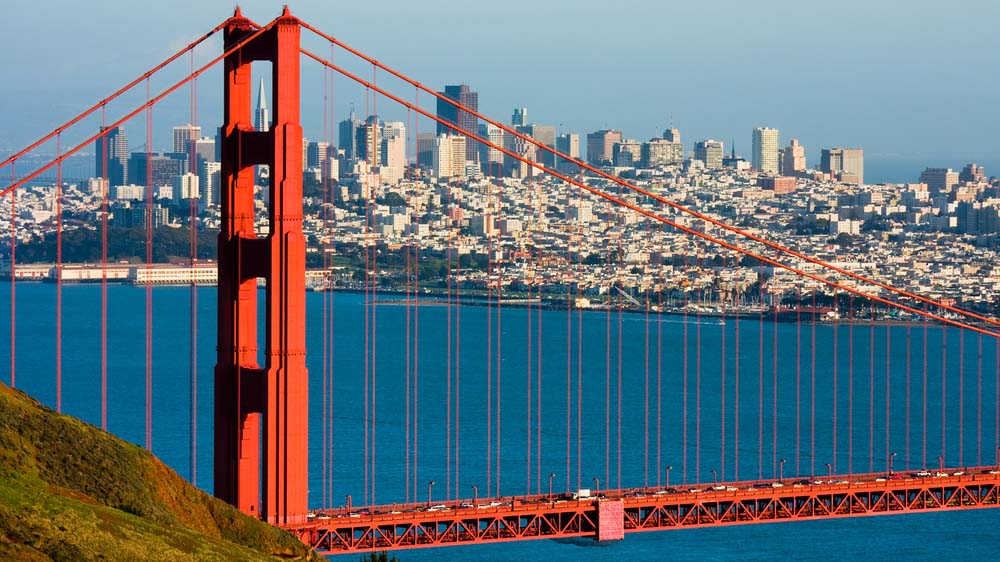
Every startup ecosystem is inevitably called the Silicon Valley of its region, for good reason.
Startup ecosystems have rapidly emerged in every part of the world, but the original is still the world leader for access to talent and capital. Silicon Valley has its own culture that emphasises openness, lean management and continues to inspire startup ecosystems everywhere.
It’s not for everyone and there are challenges too, like housing and office costs, but there are currently between 14,000 and 19,000 startups clustered here. It’s also home to approximately 2 million high tech workers and it attracts the same amount of capital and exit volume than the next 19 largest startup ecosystems combined.
More than half of its entrepreneurs are immigrants, so it doesn’t matter where in the world you are right now because a good idea will be warmly welcomed. And have a chance of success if you play your cards right.
*Please see terms of use and product availability for your region or visit Wise fees and pricing for the most up to date pricing and fee information.
This publication is provided for general information purposes and does not constitute legal, tax or other professional advice from Wise Payments Limited or its subsidiaries and its affiliates, and it is not intended as a substitute for obtaining advice from a financial advisor or any other professional.
We make no representations, warranties or guarantees, whether expressed or implied, that the content in the publication is accurate, complete or up to date.

Thinking of combining your pre-nuptial celebrations in a sten do? Read expert tips from Wise and Inbetweeners' actor Joe Thomas on a united stag and hen do.
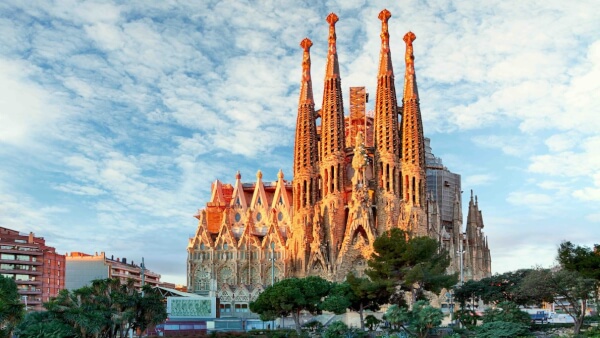
Organising a stag or a hen do? Here are our top tips from Inbetweeners' actor Joe Thomas and Wise on keeping costs down and keeping it classy.

Organising a stag or hen that fits everyone's budget can be a 'mare. Read our expert guide from Wise and Inbetweeners' actor Joe Thomas on budgeting like a boss

Got plenty of moolah for a stag or hen do? Check out this exclusive guide from Wise and Inbetweeners' actor Joe Thomas on exotic locations for splashing cash
10 years down, and now over 10 million of you have joined our mission of money without borders. There’s also 2,400 Wisers across 15 offices working to make...
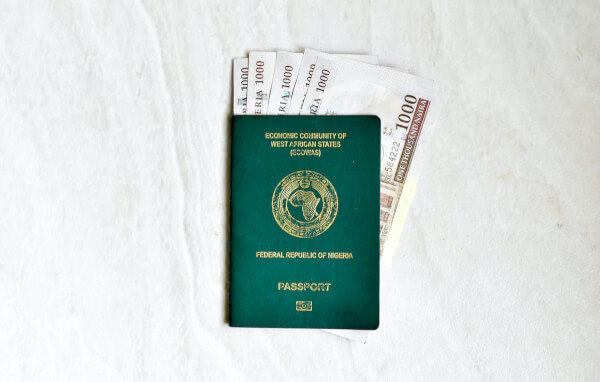
Still using a bank or broker to send money? Chances are you're overpaying. Traditional providers are deceptively expensive because they use bad exchange...